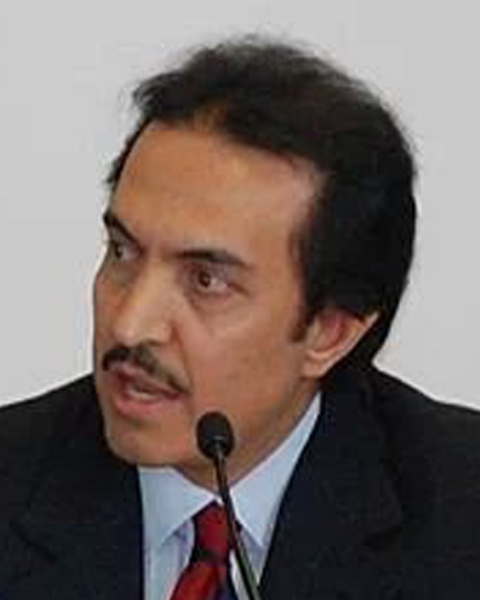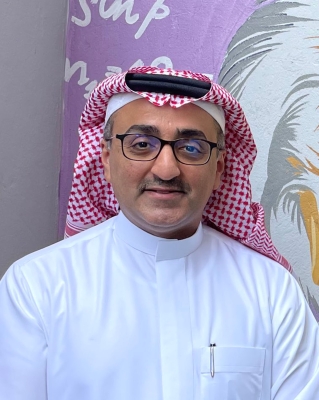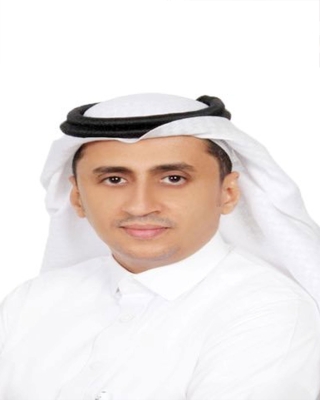
Nayef al-Rodhan is a Saudi physician, philosopher, neuroscientist, and geostrategist. He has assumed the position of Director of the Geneva Center for Security Policy’s Geopolitics and Global Futures Department since 2006 and an honorary fellow at St. Antony's College, Oxford University, United Kingdom, since 2009.
Professional career of Nayef al-Rodhan
Nayef al-Rodhan began his career as a surgeon and neurologist, training in neurosurgery and neurosurgical research at the Mayo Clinic in Rochester, Minnesota, United States of America. He later became Chief Resident of Neurosurgery. He earned a doctoral degree in opioid discrimination, and neurotensin receptor subtypes in the brain with adherence to pain receptor antagonists.
Academic life of Nayef al-Rodhan
In 1993, Nayef al-Rodhan was granted a fellowship at the Congress of Neurological Surgeons and joined the team of epilepsy surgery and molecular neuroscience at the Department of Neurosurgery at Yale School of Medicine. In 1995, he was appointed as a faculty member of Harvard Medical School, where he founded the neurotechnology program with Nobel laureates James E. Muller and Robert Martuza. He founded the laboratory for cellular neurosurgery and neurosurgical technology at the Department of Neurosurgery at Massachusetts General Hospital, Harvard Medical School.
Since 2002, he shifted his scientific focus to the interaction between neuroscience and international relations. As a result, he has issued several publications on the application of neuroscience and the neural and behavioral effects of neurochemicals and cellular mechanisms supporting emotions, libertinism, selfishness, fear, greed, and dominance. In that same year, he succeeded at analyzing and visualizing trends in contemporary geopolitics, global security, national security, cross-cultural security, war, and peace.
In 2006, he joined the Geneva Center for Security Policy in Switzerland as a geostrategic researcher and leader of the geopolitics of globalization and global security program. In 2009, he became a member of St. Antony's College, Oxford University, where he works on analyzing critical turning points in the Arab and Islamic world and their geopolitical relevance to their regional and global current and future situation.
Related quizzes
Related articles


